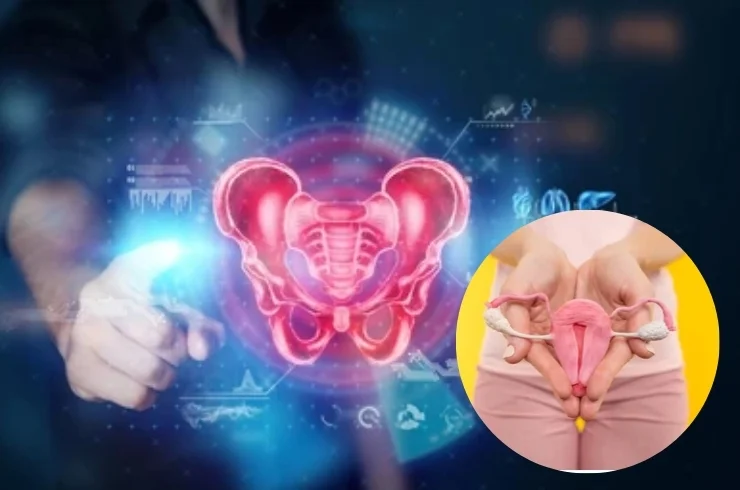
Understanding Pelvic & Uterine Health
Pelvic and uterine health play a crucial role in a woman’s overall well-being, affecting reproductive function, hormonal balance, and quality of life. Conditions such as uterine fibroids, endometriosis, adenomyosis, and pelvic organ prolapse can lead to pain, heavy bleeding, and fertility concerns. Dr. M. Keerthi Reddy provides expert care for diagnosing and managing these conditions, ensuring optimal pelvic health for women at all stages of life.
Common Pelvic & Uterine Disorders
Pelvic and uterine conditions can cause symptoms such as chronic pelvic pain, irregular bleeding, bloating, painful intercourse, and urinary incontinence. Factors such as hormonal imbalances, genetics, previous surgeries, and childbirth can contribute to these issues. Dr. M. Keerthi Reddy utilizes advanced diagnostic methods, including ultrasound, hysteroscopy, and MRI, to accurately assess and treat uterine and pelvic disorders.
Treatment & Preventive Care
Effective management of pelvic and uterine health includes medication, hormone therapy, minimally invasive procedures, and surgical interventions when necessary. Lifestyle modifications, pelvic floor exercises, and routine screenings also play a vital role in prevention. Dr. M. Keerthi Reddy provides personalized treatment plans to restore comfort, enhance reproductive health, and improve overall well-being, helping women lead healthier lives.
Frequently Asked Questions
Symptoms include heavy menstrual bleeding, pelvic pain, bloating, frequent urination, and in some cases, fertility issues. Regular ultrasounds can help detect and monitor these conditions.
Endometriosis occurs when uterine tissue grows outside the uterus, affecting nearby organs, while adenomyosis happens when the tissue grows into the uterine muscle, causing heavy, painful periods. Both require medical evaluation for treatment options.
Preventing PID involves practicing safe sex, regular STD screenings, maintaining proper hygiene, and seeking early treatment for infections. Left untreated, PID can lead to complications like infertility and chronic pelvic pain.